Review the potential benefits, risks, and possible side effects.
80%
Depression Response Rate
75%
Anxiety Response Rate
77%
OCD Response Rate
Call Now to Schedule: 303-449-0318
TMS For Anxiety
Leading Anxiety Treatment In Boulder, CO
Anxiety is a mental health condition that can significantly impact daily life and make even simple tasks feel impossible. Transcranial Magnetic Stimulation (TMS) has emerged as an effective treatment for this disorder by restoring your brain's natural neurotransmitters.
303-449-0318
Call Our Office
TMS For Anxiety
Leading Anxiety Treatment In Boulder, CO
Anxiety is a mental health condition that can significantly impact daily life and make even simple tasks feel impossible. Transcranial Magnetic Stimulation (TMS) has emerged as an effective treatment for this disorder by restoring your brain's natural neurotransmitters.
 Rating
Rating
Is TMS Right For You?
TMS is a safe, non-invasive, and side-effect-free treatment option. Curious if it's right for you? Take the quiz or call
303-449-0318
to learn more.
Is TMS Right For You?
TMS is a safe, non-invasive, and side-effect-free treatment option. Curious if it's right for you? Take the quiz or call
303-449-0318
to learn more.
How TMS Works for Anxiety
Anxiety is closely linked to the 'fight-or-flight' response, our body's natural defense mechanism. When this response is triggered in everyday situations rather than by genuine danger, it can feel debilitating. TMS therapy uses magnetic pulses over the prefrontal cortex to decrease the fight or flight response. These pulses also decrease neurotransmitters related to anxiety such as norepinephrine, while increasing the “relaxation” neurotransmitters such as GABA.
Anxiety can be caused by either environmental or biological influences. Individuals with severe anxiety often exhibit abnormalities in their prefrontal cortex that cause overproduction of noradrenaline and dopamine. While dopamine is known as the “pleasure” molecule, too much dopamine and noradrenaline can cause feelings of hypervigilance and over-activation.
During TMS therapy, a magnetic coil is precisely positioned on the patient's head to target the prefrontal cortex. By deactivating areas of the brain that are typically overactive during anxiety episodes, TMS can reduce symptoms of anxiety.
TMS Therapy Protocol for Anxiety
At Boulder Center for TMS, we reject a one-size-fits-all approach. Our protocols are tailored to each patient's unique needs. While there are similarities in neural activity between
depression
and anxiety, we recognize that the standard TMS protocol may not always suffice for anxiety treatment.
In such cases, we employ a specialized procedure targeting the right side of the prefrontal cortex to reduce overactivity associated with anxiety. This protocol typically uses a lower magnetic frequency (1-15 Hz) to promote the production of GABA, a neurotransmitter that reduces neuronal excitability. Treatment duration varies per patient, usually ranging from 4 to 6 weeks.
Pay upfront and Save $1,400
For those opting for self-payment, we offer upfront and weekly payment plans. Learn more in our pricing guide below.
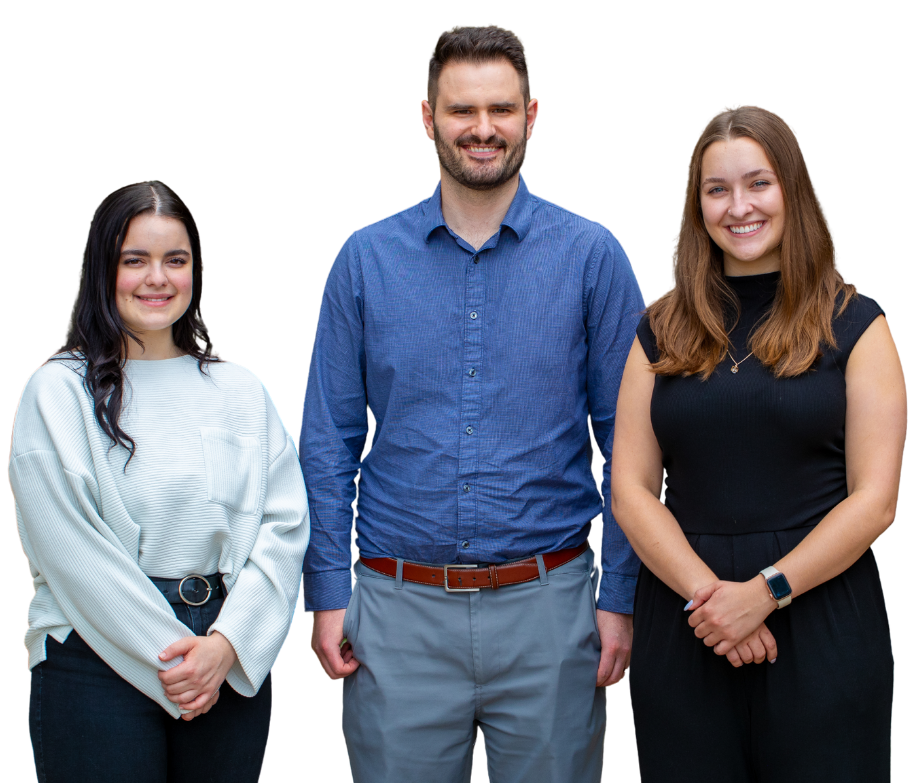
Potential Side Effects and FDA Approval
It's important to note that some patients may experience a slight increase in anxiety during the initial weeks of TMS therapy. This is often a positive sign, indicating a neural response to the treatment. These symptoms typically subside as treatment progresses, rarely requiring protocol adjustments. While TMS for anxiety is still being studied, patients can take comfort in its FDA approval for
treating OCD, a condition with many overlapping symptoms with anxiety disorders.
TMS Therapy for Anxiety at Boulder Center for TMS
At Boulder Center for TMS, we are committed to providing a personalized and effective experience for all our patients. We understand how hard finding effective mental health treatment can be.
Our approach includes:
- Personalized treatment plans
- Regular progress evaluations
- Protocol adjustments as needed
- Highly trained staff
TMS therapy is a groundbreaking advancement in the treatment of anxiety, depression, and OCD, especially for those who haven't found relief through traditional medications. By regulating the brain's natural neurotransmitters, TMS offers a promising alternative that has already worked for millions of patients.
We would love to hear your story and how we can help. Take the first step towards managing your anxiety.
Contact Boulder Center for TMS to learn how we can help you reclaim control over your life.
"Treatment here was a game-changer for me. I feel like my overall mood has improved on a daily basis, and there's been notable differences in my focus at work. It's pretty incredible, actually. The staff was great as well. Highly recommend this clinic for anyone seeking TMS."
Ryan Cwynar
More Rescources
Does TMS require sedation?
Learn More →TMS does not require sedation. All that is required is for the patient to sit still in the ergonomic treatment chair for the duration of treatment. Patients undergoing TMS therapy can return to their daily activities immediately following treatment.
Does insurance cover TMS therapy?
Learn More →Many insurance companies will cover a large portion of the cost of TMS treatment. At Boulder Center for TMS, we are often able to contract single-case agreements with insurance companies. This means that even if we are considered out of network by your insurance company, they will cover treatment at an in-network level. We research your insurance benefits for you and make sure you are aware of any out-of-pocket costs before beginning treatment so that you can make an informed decision based on your unique financial needs.
What are the common side effects of TMS?
Learn More →Unlike ECT (electroconvulsive therapy) where short-term confusion, memory loss, and long-term disruptions in memory have been shown to occur, TMS has little to no side effects. Some patients who undergo TMS therapy report headaches, fatigue, scalp soreness, or dizziness. However, these side effects are minor and tend to fade within the first week of treatment. The most serious side effect known side effect is seizure, though that only happens in roughly 1 in 200 patients. This is a very rare event that our staff is trained to handle.
Is TMS Therapy the same as Shock Therapy (ECT)?
No, the two procedures are very different. While both are effective in the treatment of depression, there are many differences in safety and tolerability. TMS is a non-invasive therapy that stimulates the activation of a patient’s brain with pulsed magnetic fields. During a session of TMS, patients will sit in a chair and are awake and alert throughout the entire 15-30 minute procedure – no sedation is used with TMS Therapy. Patients can transport themselves to and from treatment with ease. In contrast, "shock therapy", or electroconvulsive therapy (ECT), intentionally causes a seizure through the direct application of electrical current. Patients receiving ECT must be sedated with general anesthesia and paralyzed with muscle relaxants. Recovery from an ECT treatment session occurs slowly, and patients are usually closely monitored for minutes or even a few hours after a treatment.
Am I a good candidate for TMS?
Learn More →Our patients complete an initial evaluation appointment with our board-certified Psychiatrists to determine if TMS is a viable treatment option. During the appointment, we review your treatment and medication history. You will also have the opportunity to discuss your current medications and ask any remaining questions regarding treatment. This will help both you and the psychiatrists, to gauge if TMS is the right procedure for you.
Is TMS Right For You?
TMS is a safe, non-invasive, FDA-approved treatment that offers an effective alternative to medication. Take our 2-minute quiz to find out if TMS is the right option for you.
Take the quiz →

FDA-Approved
Treatment for depression and OCD.
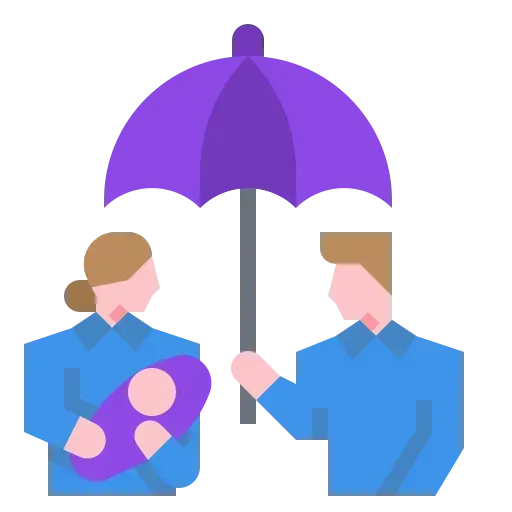
Insurance Coverage
Major insurance providers cover TMS therapy
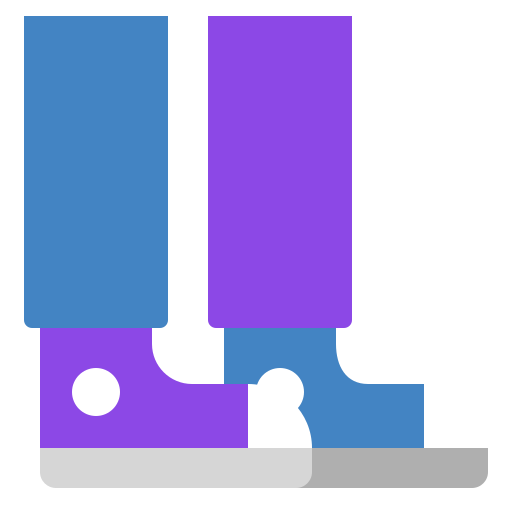
Outpatient
Receive treatment without disrupting your daily routine.
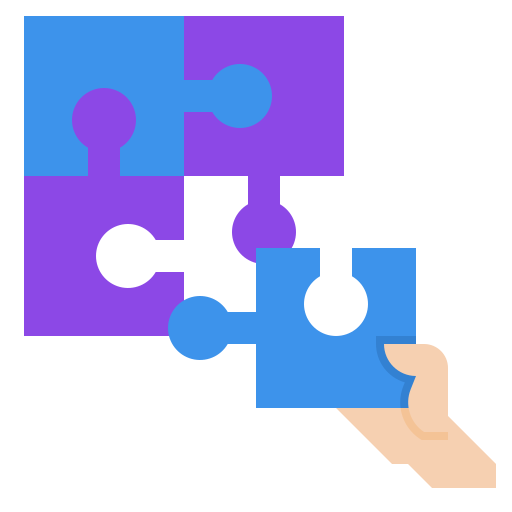
Holistic Care
Combine TMS with therapy or medication when needed.
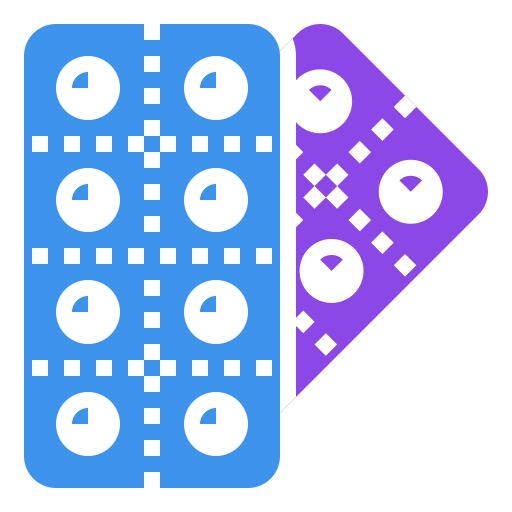
Drug-Free Alternative
Alternative option to antidepressants.
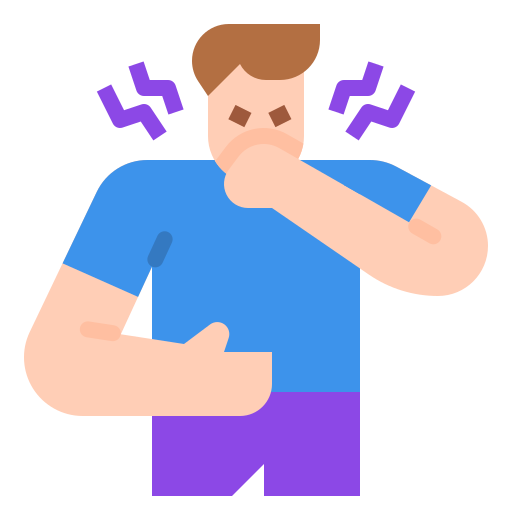
Minimal Side Effects
Safe and well-tolerated treatment option.
Your Free Consultation
Begin your TMS treatment journey today. Call
303-449-0318
or complete our simple online form.
Contact Us
We will get back to you as soon as possible.
Please try again later.
What Happens In My Consultation?
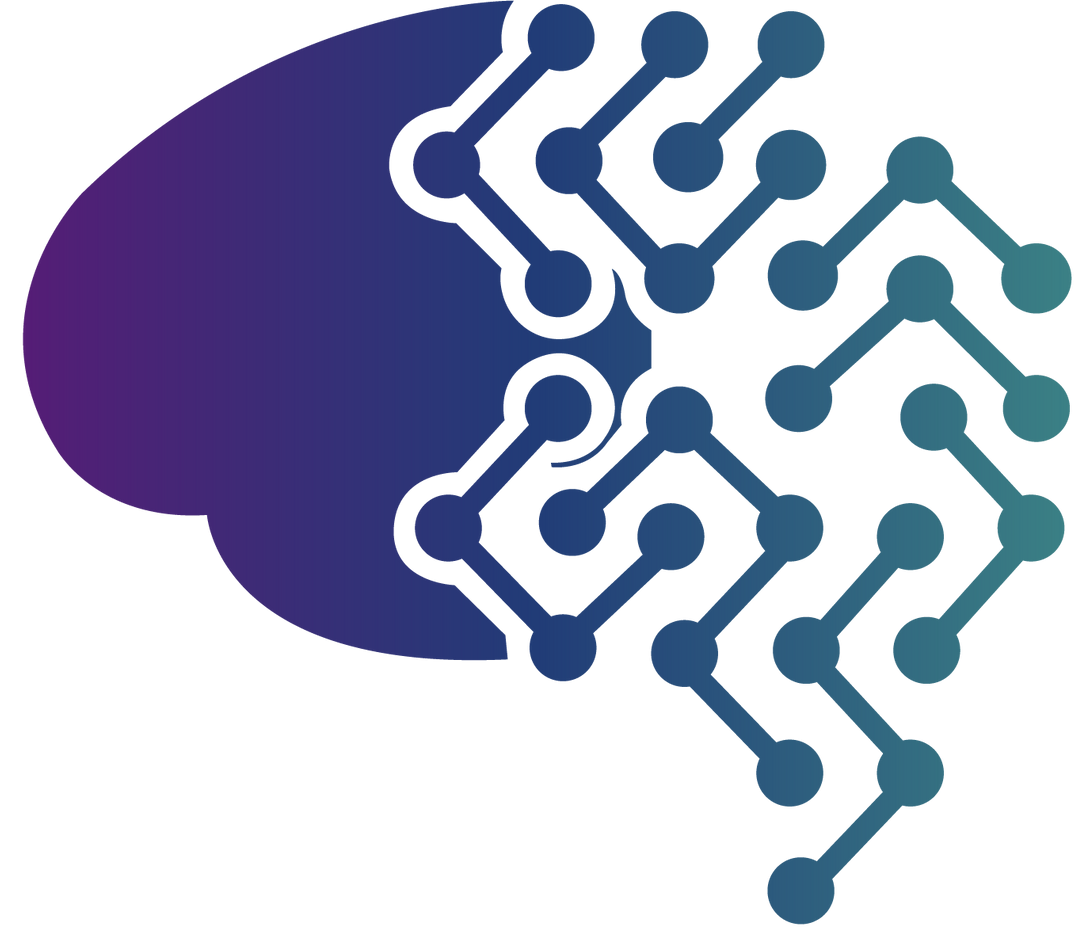

If we feel that other treatments are more likely to be effective, we will advise you of this.

In some cases, additional diagnostic testing will be recommended, such as hormone levels, other lab tests, sleep studies, or brain imaging.
What Makes Us Different?
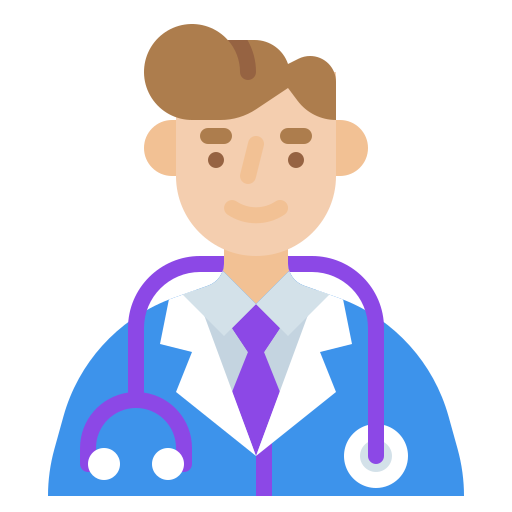
25 Years Combined Experience In TMS Treatment

FDA-Approved TMS Protocols, Ensuring Safe Treatment

Personalized Treatment Protocols Suit Your Specific Needs.
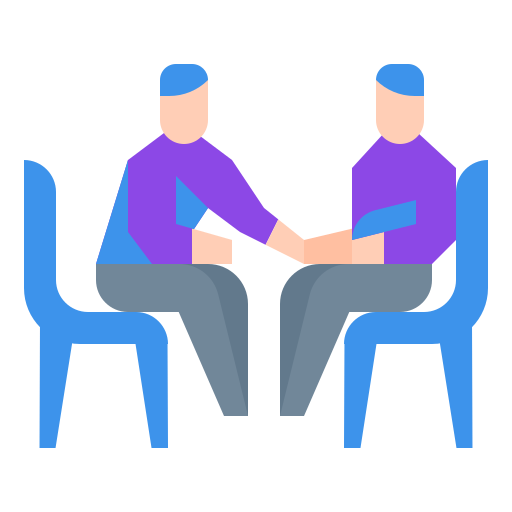
Integrate Therapy, Lifestyle Changes, & Medications.
TMS Therapy Protocol for Anxiety
At Boulder Center for TMS, we reject a one-size-fits-all approach. Our protocols are tailored to each patient's unique needs. While there are similarities in neural activity between
depression and anxiety, we recognize that the standard TMS protocol may not always suffice for anxiety treatment.
In such cases, we employ a specialized procedure targeting the right side of the prefrontal cortex to reduce overactivity associated with anxiety. This protocol typically uses a lower magnetic frequency (1-15 Hz) to promote the production of GABA, a neurotransmitter that reduces neuronal excitability. Treatment duration varies per patient, usually ranging from 4 to 6 weeks.
Pay upfront and Save $1,400
For those opting for self-payment, we offer upfront and weekly payment plans. Learn more in our pricing guide below.

Potential Side Effects and FDA Approval
It's important to note that some patients may experience a slight increase in anxiety during the initial weeks of TMS therapy. This is often a positive sign, indicating a neural response to the treatment. These symptoms typically subside as treatment progresses, rarely requiring protocol adjustments. While TMS for anxiety is still being studied, patients can take comfort in its FDA approval for
treating OCD, a condition with many overlapping symptoms with anxiety disorders.
TMS Therapy for Anxiety at Boulder Center for TMS
At Boulder Center for TMS, we are committed to providing a personalized and effective experience for all our patients. We understand how hard finding effective mental health treatment can be.
Our approach includes:
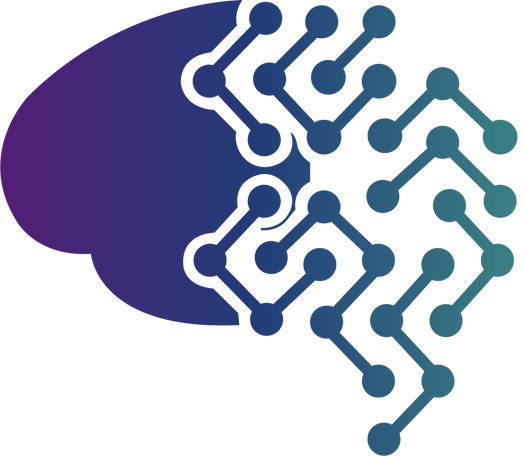
Personalized treatment plans

Regular progress evaluations

Protocol adjustments as needed

Highly trained staff
TMS therapy is a groundbreaking advancement in the treatment of anxiety, depression, and OCD, especially for those who haven't found relief through traditional medications. By regulating the brain's natural neurotransmitters, TMS offers a promising alternative that has already worked for millions of patients.
We would love to hear your story and how we can help. Take the first step towards managing your anxiety.
Contact Boulder Center for TMS to learn how we can help you reclaim control over your life.
"Treatment here was a game-changer for me. I feel like my overall mood has improved on a daily basis, and there's been notable differences in my focus at work. It's pretty incredible, actually. The staff was great as well. Highly recommend this clinic for anyone seeking TMS."
Ryan Cwynar
More Rescources
Does TMS require sedation?
Learn More →TMS does not require sedation. All that is required is for the patient to sit still in the ergonomic treatment chair for the duration of treatment. Patients undergoing TMS therapy can return to their daily activities immediately following treatment.
Does insurance cover TMS therapy?
Learn More →Many insurance companies will cover a large portion of the cost of TMS treatment. At Boulder Center for TMS, we are often able to contract single-case agreements with insurance companies. This means that even if we are considered out of network by your insurance company, they will cover treatment at an in-network level. We research your insurance benefits for you and make sure you are aware of any out-of-pocket costs before beginning treatment so that you can make an informed decision based on your unique financial needs.
What are the common side effects of TMS?
Learn More →Unlike ECT (electroconvulsive therapy) where short-term confusion, memory loss, and long-term disruptions in memory have been shown to occur, TMS has little to no side effects. Some patients who undergo TMS therapy report headaches, fatigue, scalp soreness, or dizziness. However, these side effects are minor and tend to fade within the first week of treatment. The most serious side effect known side effect is seizure, though that only happens in roughly 1 in 200 patients. This is a very rare event that our staff is trained to handle.
Is TMS Therapy the same as Shock Therapy (ECT)?
No, the two procedures are very different. While both are effective in the treatment of depression, there are many differences in safety and tolerability. TMS is a non-invasive therapy that stimulates the activation of a patient’s brain with pulsed magnetic fields. During a session of TMS, patients will sit in a chair and are awake and alert throughout the entire 15-30 minute procedure – no sedation is used with TMS Therapy. Patients can transport themselves to and from treatment with ease. In contrast, "shock therapy", or electroconvulsive therapy (ECT), intentionally causes a seizure through the direct application of electrical current. Patients receiving ECT must be sedated with general anesthesia and paralyzed with muscle relaxants. Recovery from an ECT treatment session occurs slowly, and patients are usually closely monitored for minutes or even a few hours after a treatment.
Am I a good candidate for TMS?
Learn More →Our patients complete an initial evaluation appointment with our board-certified Psychiatrists to determine if TMS is a viable treatment option. During the appointment, we review your treatment and medication history. You will also have the opportunity to discuss your current medications and ask any remaining questions regarding treatment. This will help both you and the psychiatrists, to gauge if TMS is the right procedure for you.
Is TMS Right For You?
TMS is a safe, non-invasive, FDA-approved treatment that offers an effective alternative to medication. Take our 2-minute quiz to find out if TMS is the right option for you.
Take the quiz →

FDA-Approved
Treatment for depression and OCD.

Insurance Coverage
Major insurance providers cover TMS therapy

Outpatient
Receive treatment without disrupting your daily routine.

Holistic Care
Combine TMS with therapy or medication when needed.

Drug-Free Alternative
Alternative option to antidepressants.

Minimal Side Effects
Safe and well-tolerated treatment option
Your Free Consultation
Begin your TMS treatment journey today. Call
303-449-0318
or complete our simple online form.
Contact Us
We will get back to you as soon as possible.
Please try again later.
What Happens In My Consultation?

Review the potential benefits, risks, and possible side effects.

If we feel that other treatments are more likely to be effective, we will advise you of this.

In some cases, additional diagnostic testing will be recommended, such as hormone levels, other lab tests, sleep studies, or brain imaging.
What Makes Us Different?

25 Years Combined Experience In TMS Treatment

FDA-Approved TMS Protocols, Ensuring Safe Treatment

Personalized Treatment Protocols Suit Your Specific Needs.

Integrate Therapy, Lifestyle Changes, & Medications.
Your Free Consultation
Begin your TMS treatment journey today. Call
303-449-0318
or complete our simple online form.
Contact Us
We will get back to you as soon as possible.
Please try again later.
What Happens In My Consultation?

Review the potential benefits, risks, and possible side effects.

If we feel that other treatments are more likely to be effective, we will advise you of this.

In some cases, additional diagnostic testing will be recommended, such as hormone levels, other lab tests, sleep studies, or brain imaging.
What Makes Us Different?

25 Years Combined Experience In TMS Treatment

FDA-Approved TMS Protocols, Ensuring Safe Treatment

Personalized Treatment Protocols Suit Your Specific Needs.

Integrate Therapy, Lifestyle Changes, & Medications.
Business Hours
- Mon - Fri
- -
- Sat - Sun
- Closed
Contact Us
TMS Therapy
Quick Links
Business Hours
- Mon - Fri
- -
- Sat - Sun
- Closed
Contact Us
TMS Therapy
Quick Links
Business Hours
- Mon - Fri
- -
- Sat - Sun
- Closed
Contact Us








